ZAB presidential reference: CJ affirms primacy of Constitution over military courts
Defenders of the reference, including Sindh Advocate General, make emotional appeals to revisit the case.
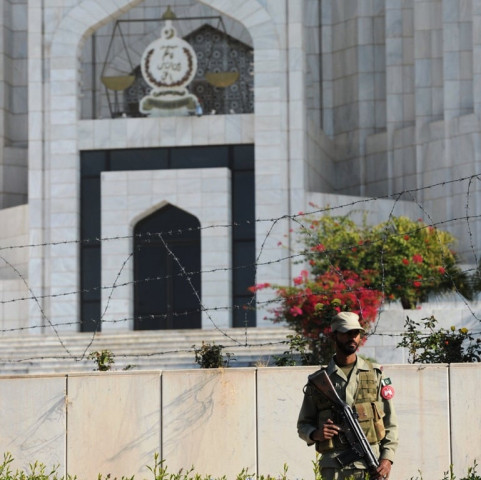
The chief justice also stood up for the Supreme Court’s role in applying the law, remarking that the constitution’s supremacy is linked to its adherence by the judiciary. He added that the court had ended the law of military courts, after ruling against them in the 1990s.
It was a charged day of hearings. Several prominent figures spoke strongly in favour of reviving the case.
Sindh Advocate General Fateh Malik, while speaking in defence of the reference, submitted that Bhutto was the architect of the Constitution and an elected prime minister, and thus, because he was hanged by a dictator, his case demands justice. He reminded the court that it would decide whether to revisit the case or not based on Article 186 of the Constitution.
Addressing Malik, Justice Chaudhry said that hundreds of mercy petitions were pending with the president. “If the presidential reference is defended on legal and constitutional grounds instead of emotional arguments, it will be easier for the court to understand the case,” the CJ said.
Malik contended that the apex court had heard Pakistan Muslim League-Nawaz (PML-N) chief Mian Nawaz Sharif’s case, even after a delay of several years, by expanding its jurisdiction. In response to this, the CJ said that his case was not filed under Article 186 of the Constitution.
Meanwhile, Justice Saqib Nisar asked if the parliament was authorised to declare the judicial decision null and void, adding that parliament is the platform to review the presidential reference.
The federation’s counsel Dr Babar Awan argued that under the Constitution the court is bound to hear the questions of law raised in the presidential reference.
One of the amicus curiae, Fakhruddin G Ebrahim, said that the court has to decide whether Bhutto’s trial was legal or illegal, as well as deciding the jurisdiction of the court in the presidential reference.
“One of the judges of the bench hearing Bhutto’s case had confessed in a TV programme that he was under immense pressure to deliver a verdict against the former premier,” Ibrahim said. “It was enough evidence of a biased approach in Bhutto’s trial.” He added that the day Bhutto was hanged was the blackest day in the history of Pakistan, adding that Bhutto’s trial case was a permanent black spot on the face of the judiciary.
Ebrahim also said that during martial law, judges had one eye on the law and the other on GHQ, and judges were in the pockets of the military dictator.
Abdul Hafeez Pirzada said that it is a prerogative of the president to decide which matter is of public importance and may be taken up in the SC. He quoted the decision of the apex court in the Sindh High Court Bar Association case, saying that for the restoration of the Constitution the chief justice had declared the appointment of 102 judges illegal.
The hearing was adjourned till Thursday (today).
Published in The Express Tribune, January 5th, 2012.

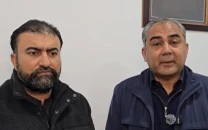

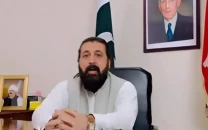
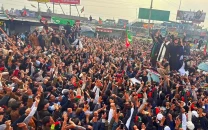

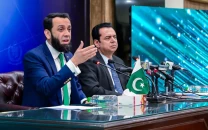












COMMENTS
Comments are moderated and generally will be posted if they are on-topic and not abusive.
For more information, please see our Comments FAQ